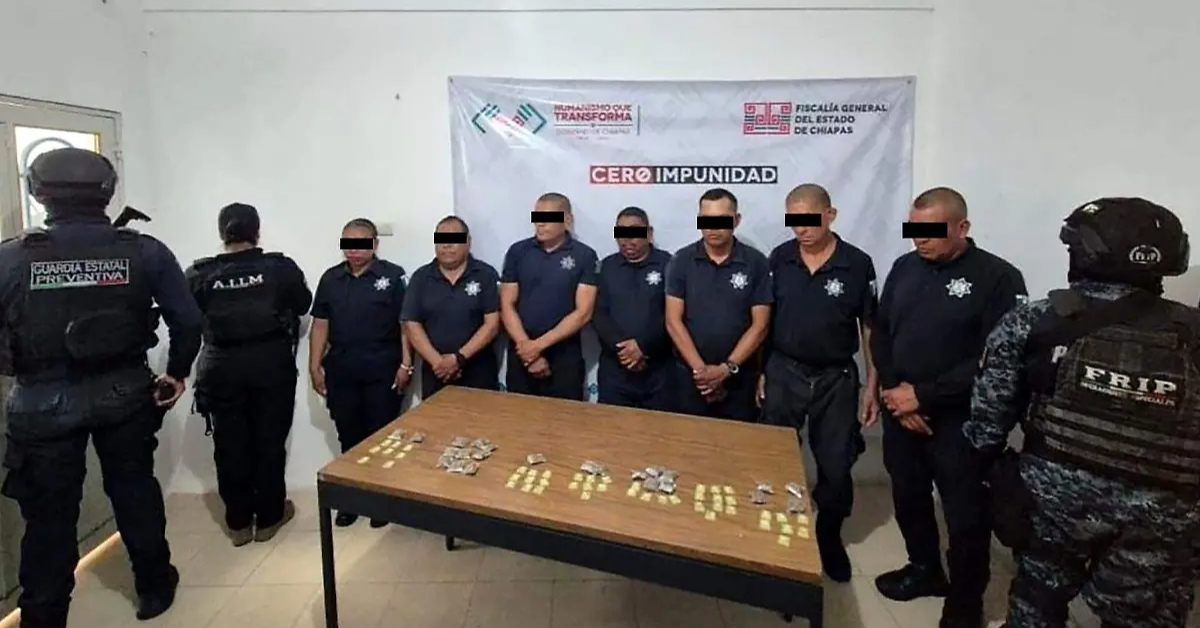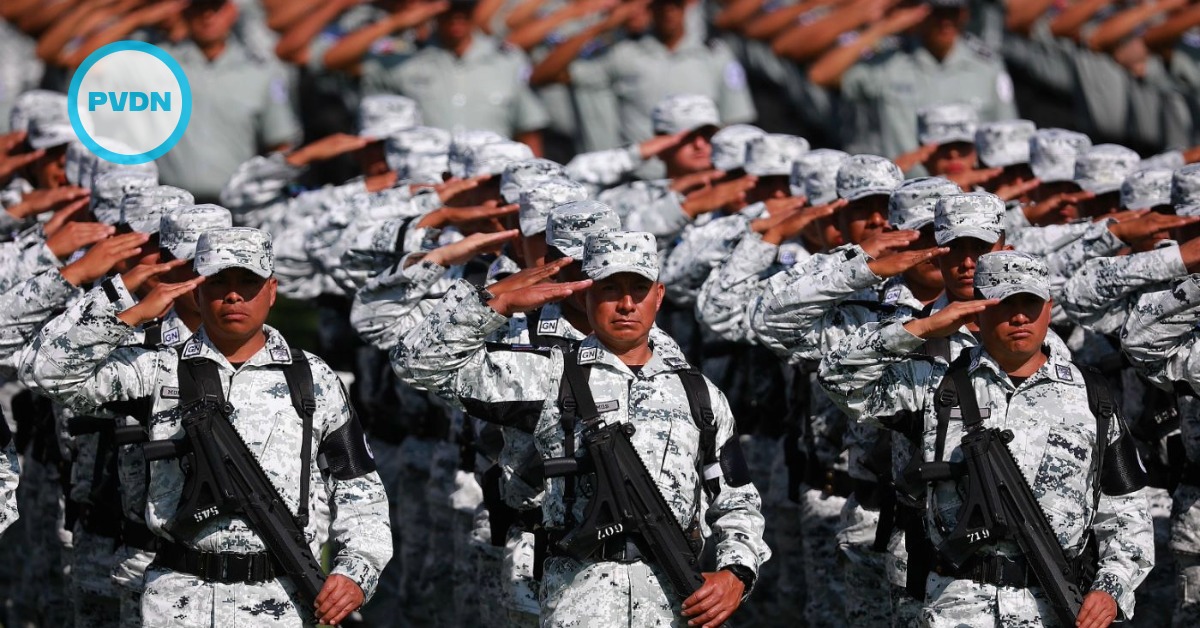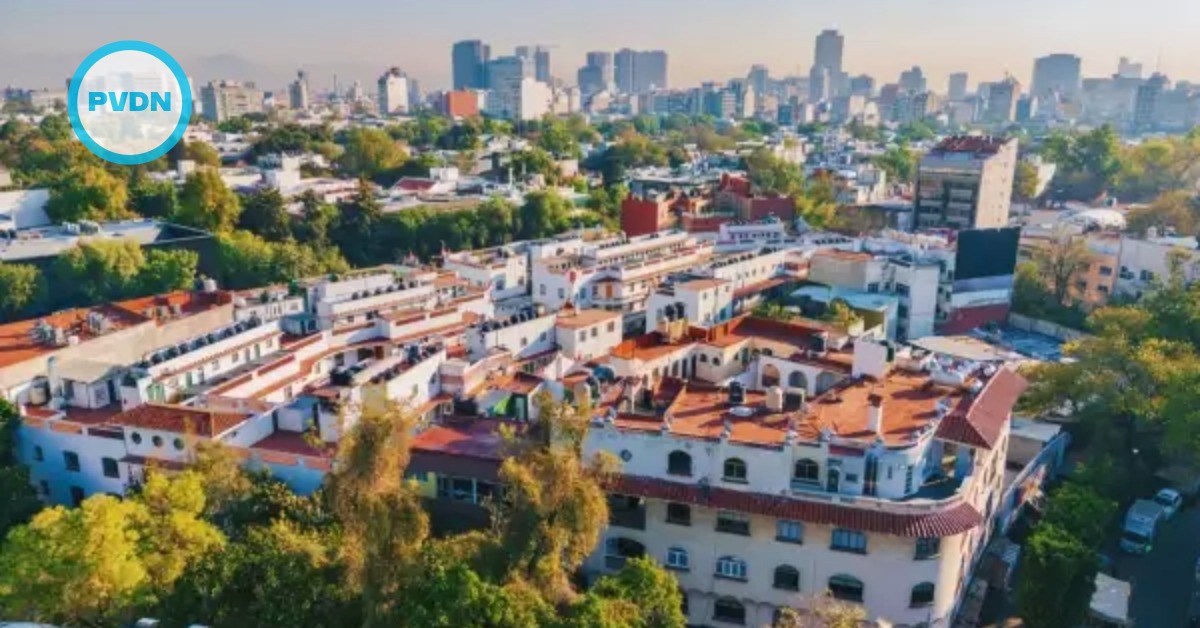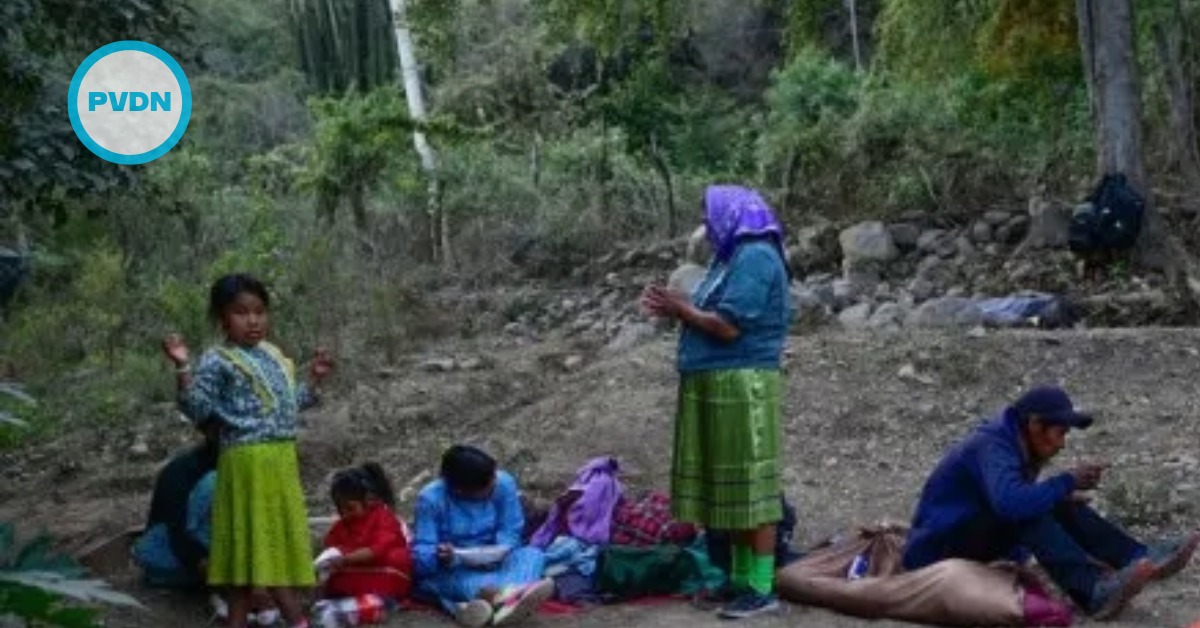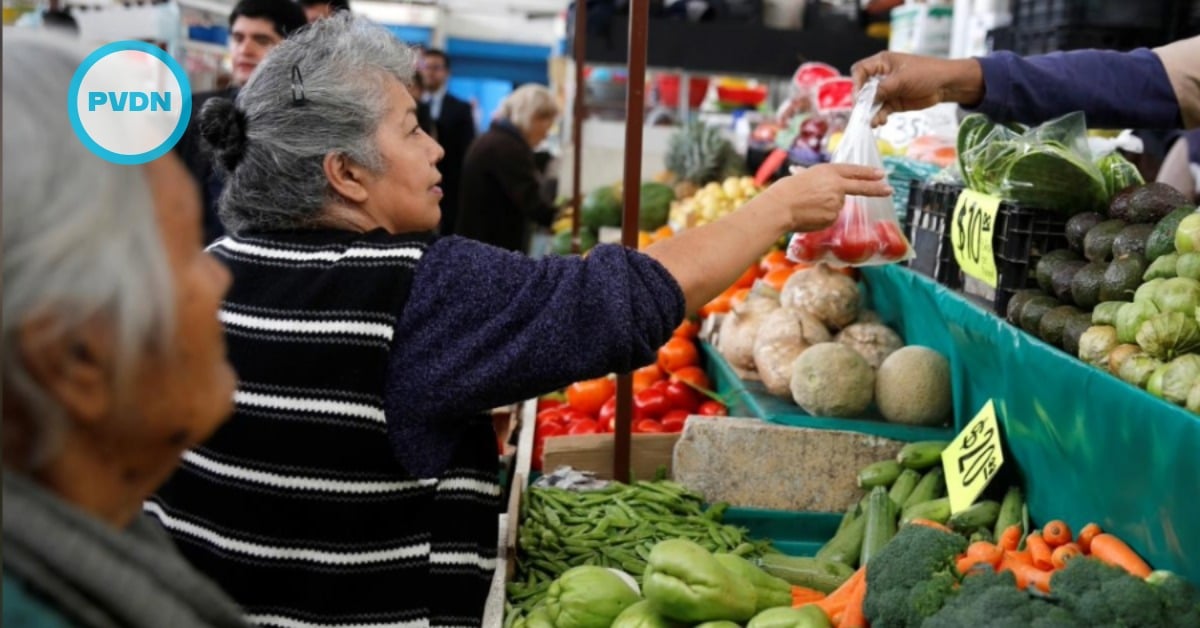Seven municipal police officers in Frontera Comalapa, Chiapas, were arrested for selling crystal meth and marijuana, confirming long-standing complaints of police corruption tied to organized crime.
In a major blow to public trust in local law enforcement, seven members of the Municipal Police in Frontera Comalapa, Chiapas, were arrested for allegedly selling and distributing drugs, including crystal meth and marijuana. The operation was carried out jointly by the Mexican Army, the National Guard, and the State Police, acting on multiple citizen complaints.
According to the Chiapas Public Security Secretariat, the . . .


